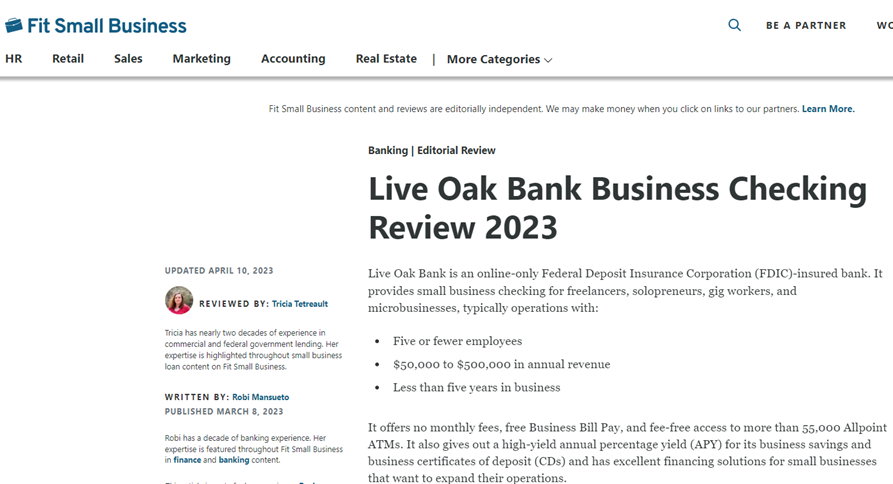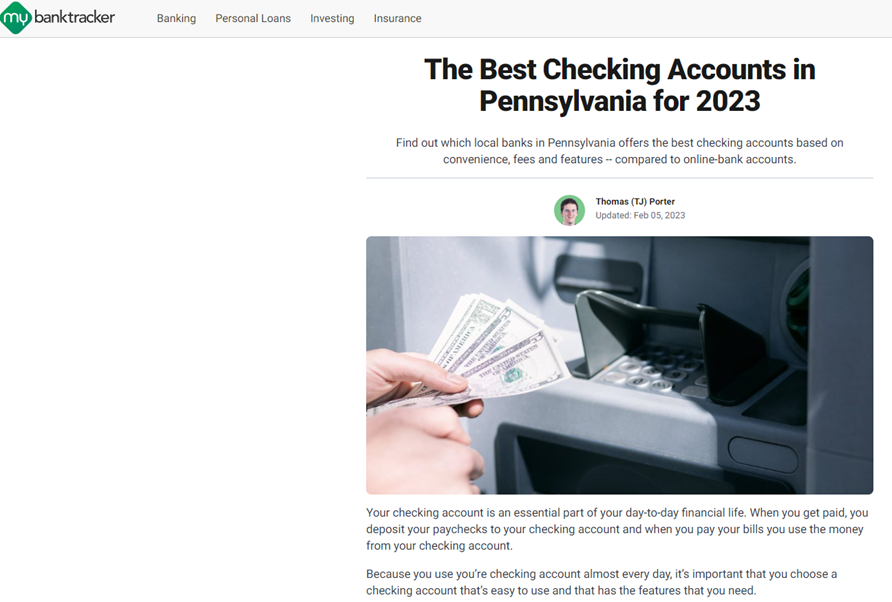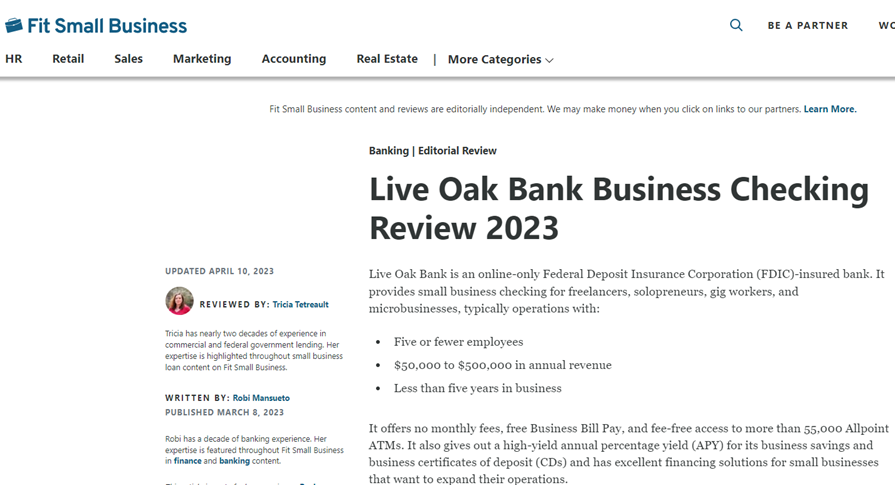Bank Marketing Strategy
Affiliate marketing has become a crucial strategy for businesses in the digital age, particularly for financial brands seeking to broaden their customer base and boost their visibility online. By partnering with affiliates, financial institutions can extend their marketing reach and capitalize on the skills and expertise of various online marketers who can promote their offerings effectively. In this blog post, we will explore the various types of affiliates that financial brands can engage with to refine their marketing strategies and bolster business growth.
Content-Based Affiliates: Knowledgeable Guides in the Financial World
Content-based affiliates often take the form of bloggers, vloggers, and website owners who generate informative and engaging content around personal finance, investments, banking, and insurance topics. With their ability to dissect complex financial information and present it in a digestible format, these affiliates have cultivated a loyal audience eager for their insights and guidance. Financial brands can leverage this influence by offering affiliates product information, exclusive deals, and personalized promotions to share with their audience.

Finder.com creates long-tail content providing educational tips and tricks. Such type of content usually has high conversion rates.
Well-known publishers like Business Insider, NerdWallet and Bankrate exemplify this category with their in-depth product reviews, comparison guides, and sponsored articles that put a spotlight on a financial brand’s offerings. Collaborating with these affiliates helps financial brands increase awareness about their services and solutions, while also gaining credibility through the affiliate’s trusted voice.
Coupon and Deal Affiliates: Master Curators of Savings
Coupon and deal affiliates specialize in locating and sharing discounts, offers, and deals that their price-conscious followers can take advantage of. These affiliates utilize various platforms, including dedicated websites, newsletters, and social media accounts, to distribute these savings opportunities to a wide audience. Financial brands can partner with these affiliates to offer exclusive discounts on banking services, investment platforms, credit cards, or insurance products, making their services more appealing to budget-conscious consumers. This strategy can effectively encourage new customers to choose a brand over its competitors due to its perceived value and savings.
Hint: While many brands shy away from coupon or “rewards” partners because they fear the “deal-chasers,” if done right, these platforms can deliver high-value customers that just so happen to also be savvy shoppers.

Influencers: Leveraging Personal Brand and Trust
In the age of social media, influencers have emerged as a formidable marketing force. These individuals, who command large social media followings, use their platforms to endorse products and services. Financial brands can partner with influencers whose values align with their own and whose audience demographics match their target market.
Influencers can create compelling content such as product reviews, how-to videos, and personal experiences with a financial product or service. This type of authentic content can significantly improve a financial brand’s visibility, and leveraging an influencer’s trust and credibility can lead to increased consumer trust in the brand.
Comparison and Review Websites: Facilitators of Informed Decisions
Comparison and review websites are platforms that offer comprehensive evaluations and comparisons of different financial products and services. These sites, like Finder. com, The Smart Investor, and even major media outlets like Forbes, help consumers make well-informed decisions by providing unbiased reviews, ratings, and detailed comparisons. Financial brands can work with these platforms to ensure that their products are featured prominently and favorably, which can increase their visibility, enhance their credibility, and attract customers who are actively seeking the best financial products.

Loyalty and Rewards Affiliates: Offering Incentives for Engagement
Loyalty and rewards affiliates operate by offering customers rewards, points, or cash back for purchasing products or services through their referral links. Financial brands can collaborate with these affiliates, such as PointsHogger or Prince of Travel, to provide exclusive offers or incentives to customers who sign up for their services or invest through their platforms. Banks should approach collaborations with caution as there are a range of coupon sites and platforms offering bonuses, some of which are reputable while others may be less reliable. However, by carefully selecting the right partners, such collaborations have the potential to attract new customers and incentivize existing customers to remain loyal, leading to increased retention rates.

Swagbucks is a free loyalty and rewards program that pays you cash rewards for completing different online tasks. Some financial institutions gather deposits by offering a certain number of rewards through Swagbucks when they open a checking account with them for example.
Niche Affiliates: Catering to Specific, Locations, Demographics, and Financial Needs

Niche affiliates target specific locations, demographics or cater to specialized financial needs, such as expatriates, students, small businesses, or retirees. By working with these affiliates, financial brands can develop tailored marketing campaigns that appeal directly to these unique customer segments. This specialized approach can help financial brands develop a niche market presence, establish a strong rapport with these specific demographics, and attract customers with distinct financial needs that align with the brand’s offerings.

Fit Small Business targets entrepreneurs and small business owners. Therefore, they often write long-tail content as well as reviews about the different business-related financial products available.
Affiliates, with their vast reach and varied expertise, play a critical role in boosting a financial brand’s visibility, acquiring new customers, and increasing revenue. By understanding the unique strengths of each type of affiliate, financial brands can strategically collaborate with those who align with their marketing objectives and target audience. Whether through content-based affiliates, influencers, comparison websites, or loyalty programs, a well-devised affiliate marketing strategy can enhance a financial brand’s market presence, credibility, and customer base. To facilitate successful partnerships with the right affiliates, companies such as Fintel Connect offer a suite of solutions designed to help financial brands leverage a data-driven approach.

